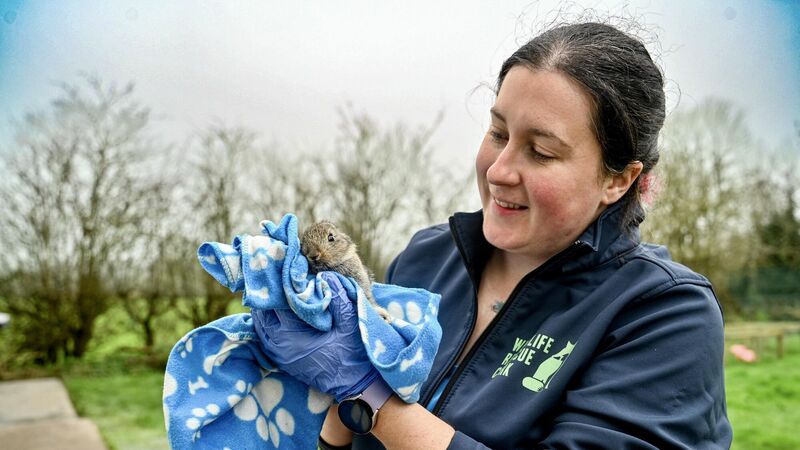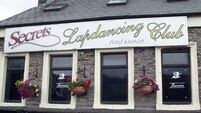'I lost my husband to cancer, but was determined to keep our Cork animal centre alive'

Julie Cronin, founder of Wildlife Rescue Cork syringe-feeding a baby rabbit who was injured by a car. Pictures: Chani Anderson
When Julie Cronin and her husband John Hannon decided to open a wildlife centre in Cork six years ago, the couple believed it would be a passion project they could enjoy together
However, just two years later in 2019, John was diagnosed with terminal lung cancer after going to the doctor with a persistent cough.
















